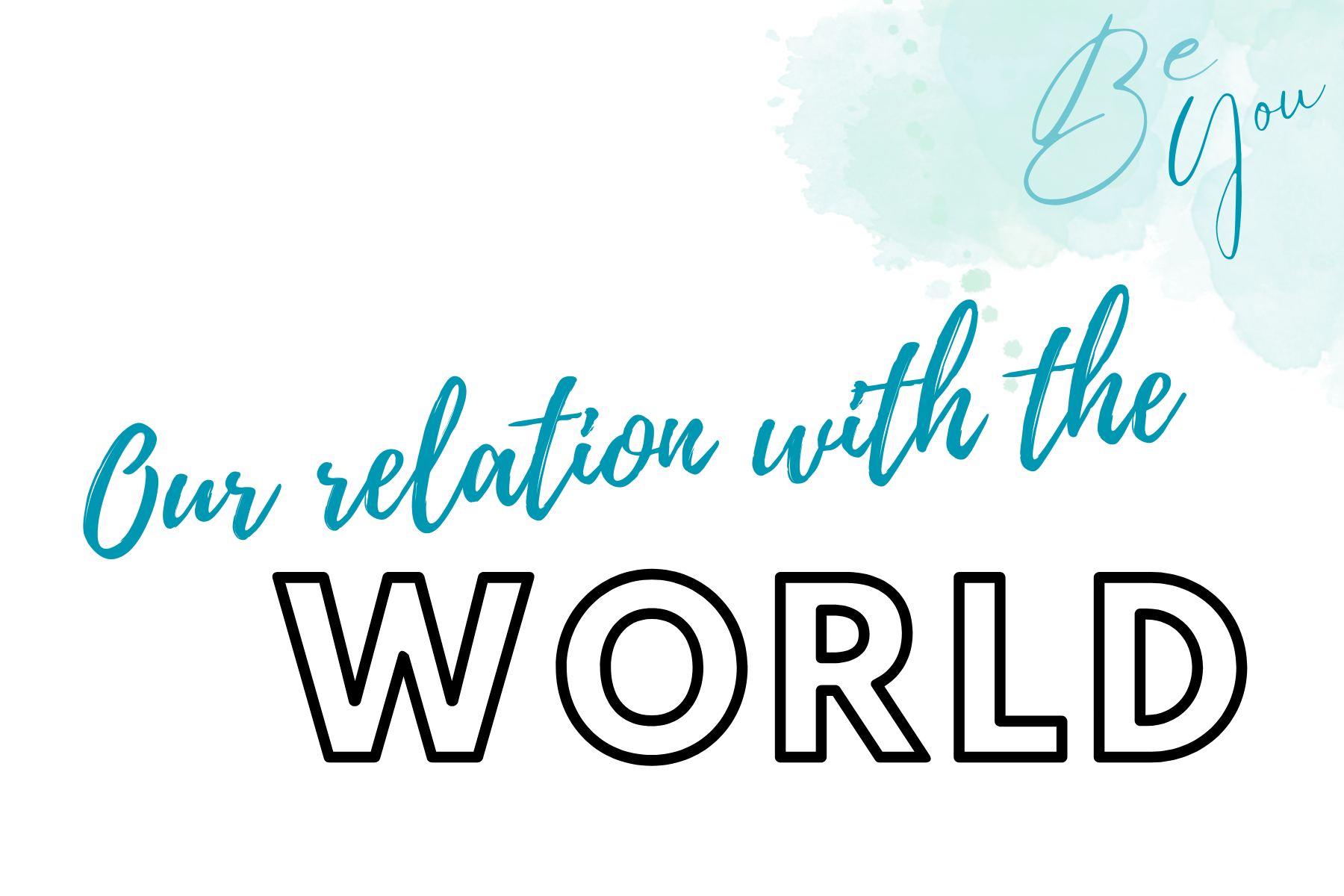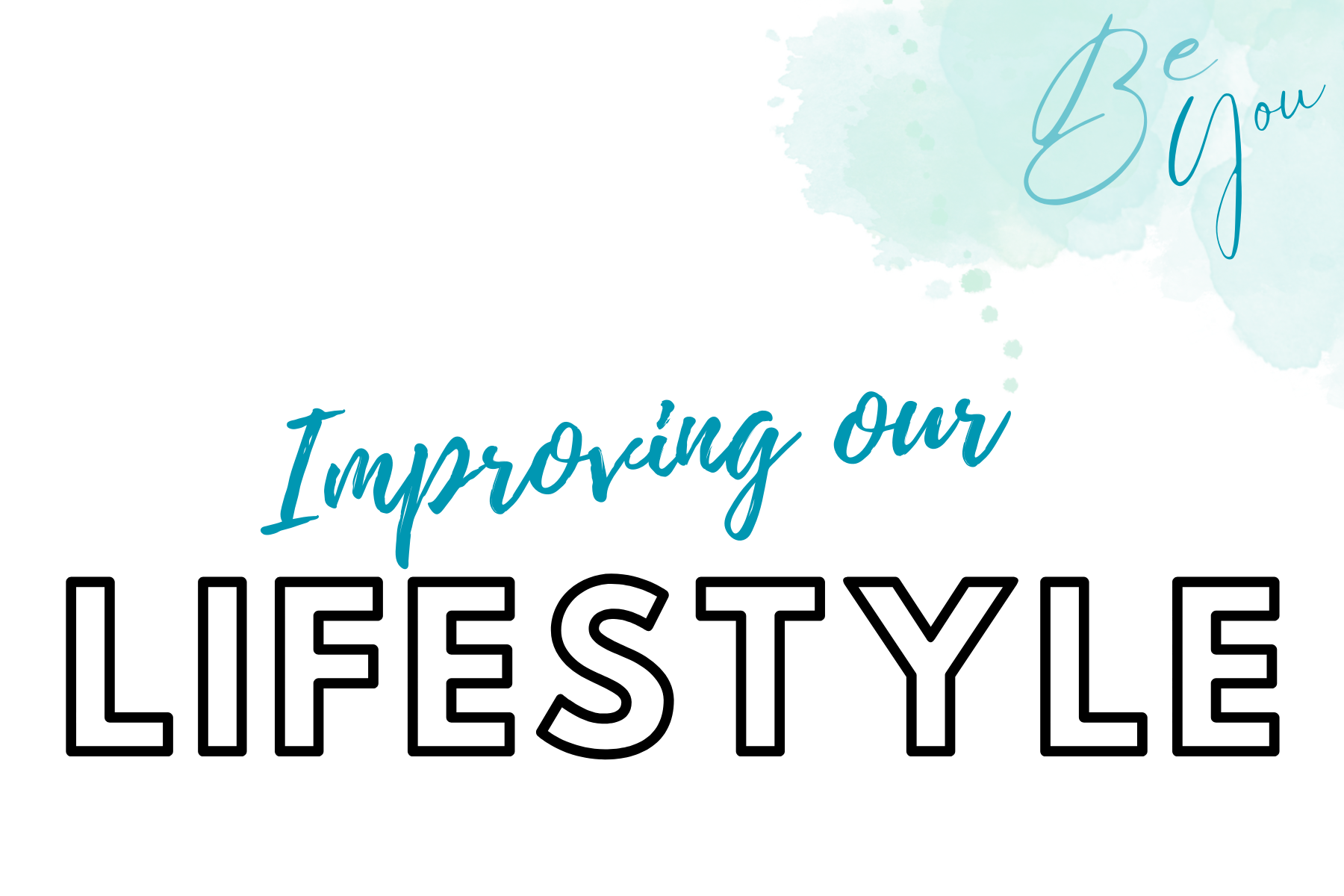
Situation, thought, emotion…can we change the way we feel?
A few years ago, when I began actively working on my mind, I discovered numerous theories, perspectives, tips, and logic that I had never heard about. It was not just my world, so I was simply not aware of all this. One of the things I’ve learned is a kind of logical chain from the situation to the emotion. Initially, it did not seem that logical or useful, but now I confess that I use the rationality of that chain to manage some of my emotions, particularly the ones that could be considered as distractions or nuisances.
So this logic chain is:
SITUATION > THOUGHT > EMOTION > ACTION > RESULTS
My favorite part goes from situation to emotion. But okay, let’s explain that. Everything starts with a situation. The situation is entirely neutral. It is just a situation. And yes, it is! Just and only a situation. Let’s say you broke a plate. Well, you just broke a plate; that’s it. It’s only a random plate, no emotion.
Now, let’s consider when you moved into your very first place, and you received a lamp as a gift from your grandmother, whom you love so much. Unfortunately, you break your lamp. That lamp was very important to you; it represented your history, encapsulated good moments, and reminded you of the love of your grandmother. So now, having broken your lamp, there is a high probability you feel sad or annoyed about it.
What made the difference between the plate and the lamp? If the situation is exactly the same? Isn’t it the thoughts you associate with the lamp that don’t carry over to the plate?
Somehow, when I am dealing with emotions, I try to recall the chain and analyze it. What are the emotions? What is the situation? What are the thoughts? Conducting that analysis helps me to lower the overwhelming emotion. I try to rationalize, reminding myself it is only material. My history or the love of my grandmother is not in the object; it is in me and carried with me. That part is, for me, the most useful.
The second part of the chain involves consequences, I would say. Let’s say you hate rain, and guess what!? Today is a rainy day. So you get up, see the weather, and start with a bad mood. Consequently, you think it will be a bad day. What do you do then? You unconsciously act as if it is actually a bad day. You won’t do much; you will act like you are having a bad day, even with people around you. If you treat people with bad energy or a bad mood, most likely, you will receive a negative response, a bad attitude, or so. As a result, you get a bad experience on a rainy day. I would say it really does validate your impression about rainy days, and you hate that. How to reverse that? Get back and identify the first thought. Then you can “control” the emotion and take care of the rest of the chain.

Did you like this post?
Let me know!
Comment, like or subscribe!


-
-
5 months
Tagged emotions, feelings, reflection